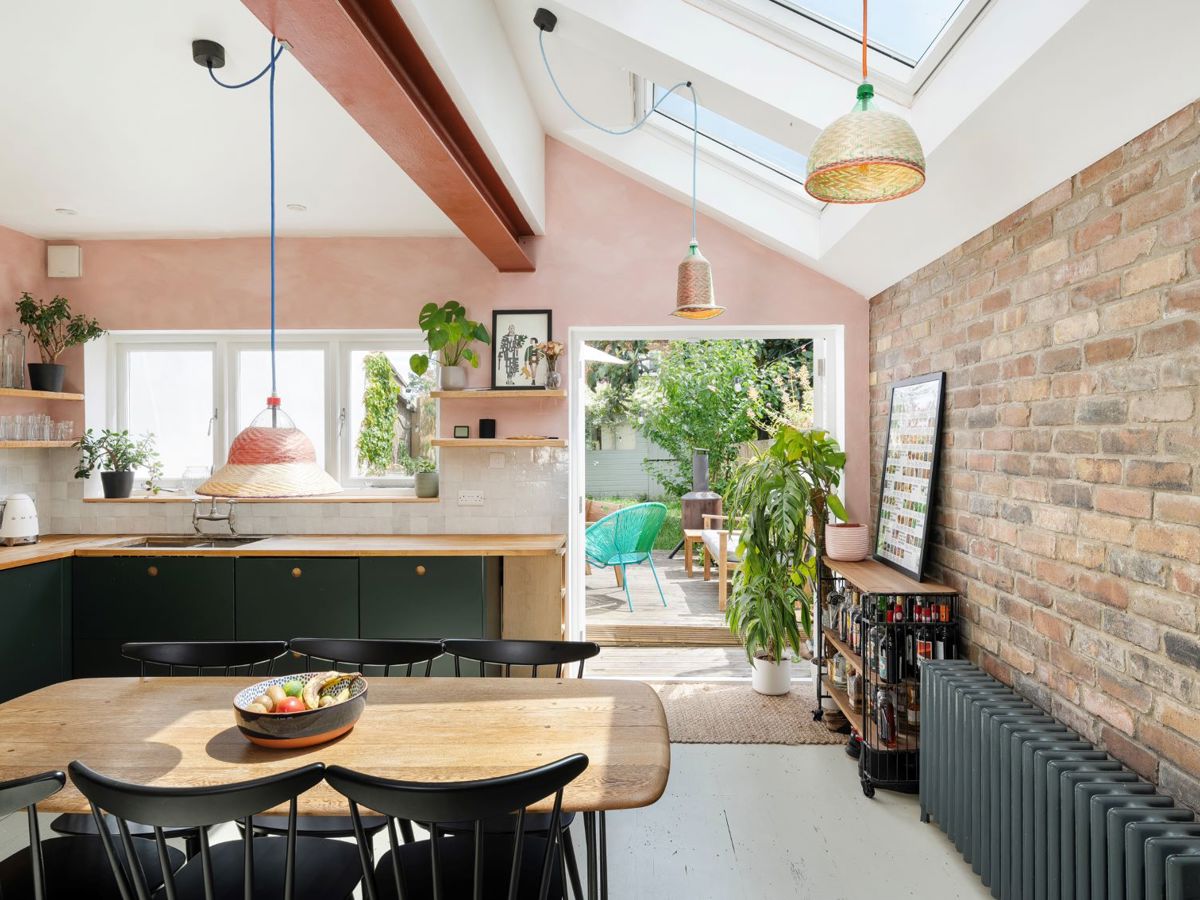As a landlord do you know exactly what repairs you are responsible for?
30 Nov 2023
Landlords dealing with emergencies and repairs FAQs
The fact is if the property is a flat or apartment then the landlord will have different responsibilities for repairs than if a whole house.
Some repairs that are required for a flat could be the responsibility of the building freeholder or proportionally divided between all leaseholders.
the place for an altogether better let...
We hope this article was useful, if you have any questions our team will be happy to help.

